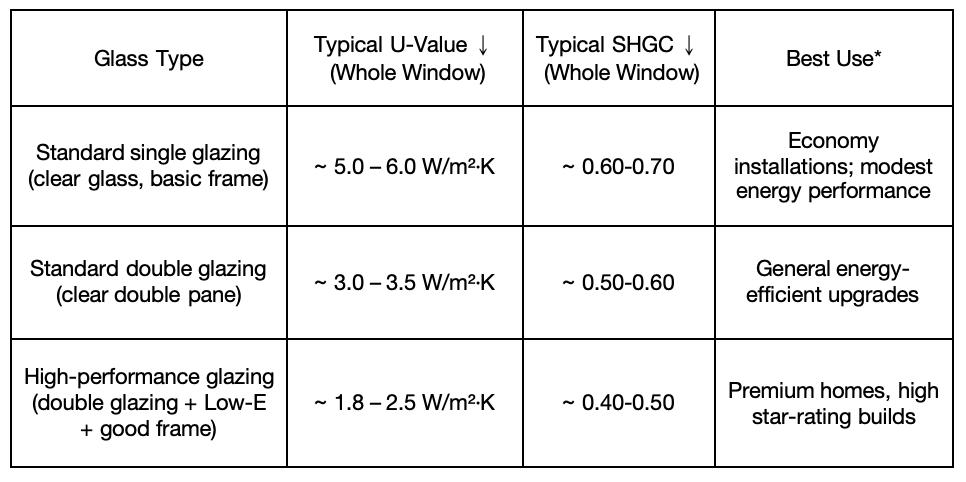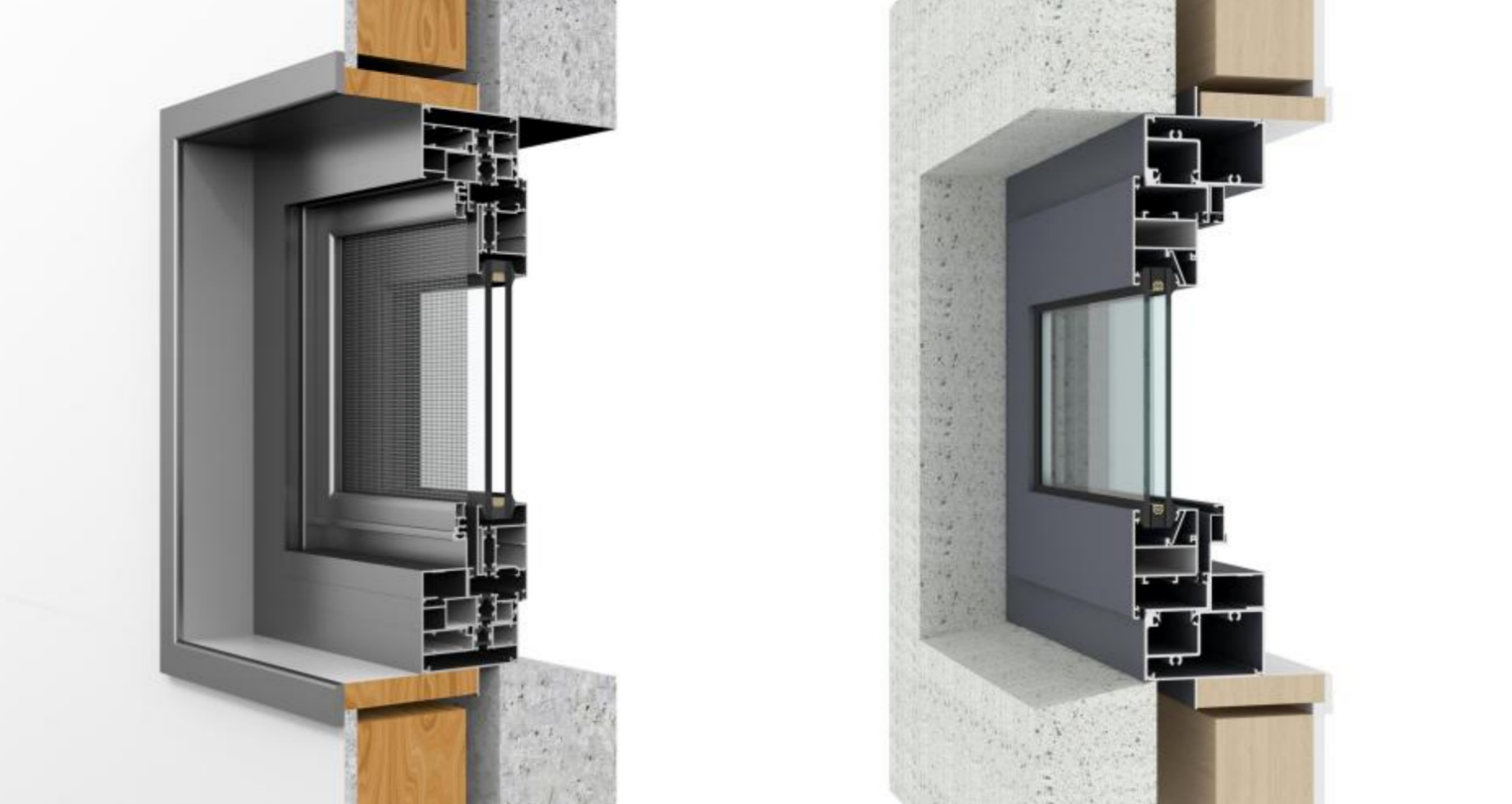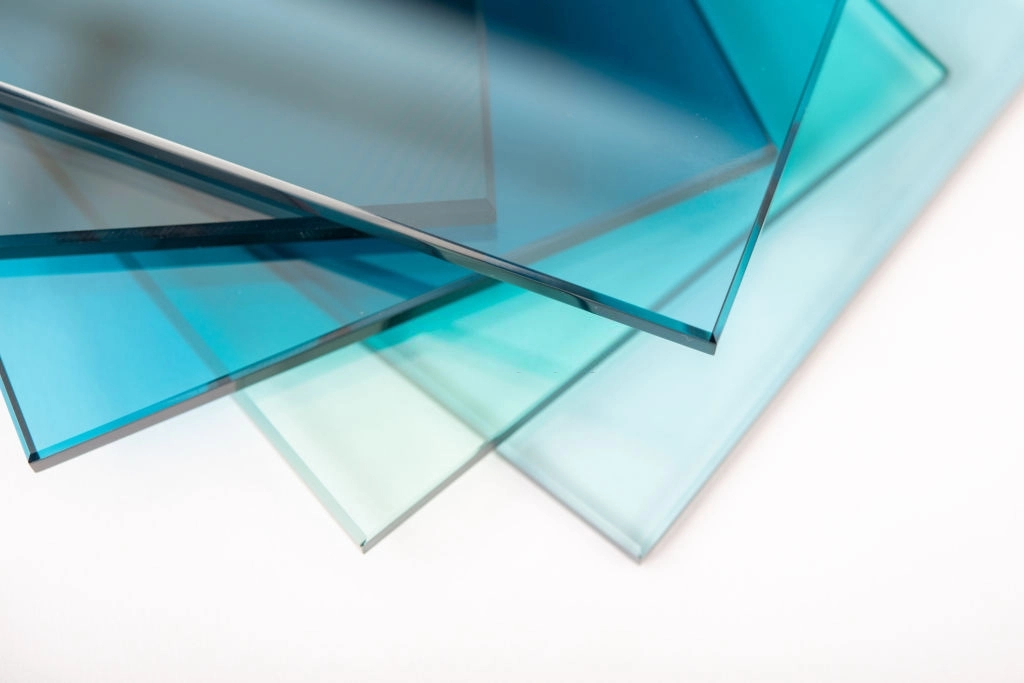When power bills keep climbing and every summer feels a little hotter than the last, it’s no wonder more Australians are rethinking how their homes deal with heat, light, and comfort. Whether you’re in a sunny Brisbane suburb or a breezy corner of Melbourne, energy-efficient windows have become less of a luxury and more of a necessity.
And among all the modern glass options out there, Low-E glass stands out as one of the smartest ways to make your home more comfortable, efficient, and sustainable — without compromising on style.
What Is Low-E Glass?
Low-E glass (short for low emissivity glass) is engineered with a microscopically thin, transparent coating that reflects heat while allowing natural light to pass through. The coating helps manage the balance of solar gain and heat loss — keeping your home warmer in winter and cooler in summer.
In simple terms, it acts like invisible insulation for your windows. You get all the brightness of natural light without the uncomfortable glare or temperature swings.
.webp)
Why Low-E Glass Matters in the Australian Climate
Australia’s climate can be unforgiving — with hot summers, cool winters, and intense UV exposure. Standard single glazing often struggles to maintain indoor comfort, leading to higher heating and cooling costs.
Research by the CSIRO shows that upgrading to Low-E glass can cut overall energy loss through windows by up to 40%, helping to significantly reduce energy consumption for air conditioning and heating.
Key benefits for Australian homes:
1. Improved thermal insulation without blocking natural light
2. Reduced fading of furniture and flooring from UV rays
3. Greater comfort across seasonal changes
4. Lower energy bills year-round
How Low-E Glass Performs Compared to Standard and Double Glazing
While double glazing improves insulation by trapping air between panes, Low-E glass enhances that performance further through its reflective coating.
It can be used on single or double glazed configurations, depending on your budget and project needs.

Best Window Types to Pair with Low-E Glass
Different window styles can amplify the performance of Low-E glass depending on your space, ventilation needs, and design preferences.
1. Awning Windows
Perfect for ventilation even during light rain. When paired with Low-E glass, awning windows help maintain indoor comfort year-round.
Learn more: Explore Awning Windows
2. Sliding Windows
Smooth operation, space-saving design, and a large glass area that enhances natural light. Low-E glass helps balance sunlight exposure and insulation.
View our Sliding Range: RS Aluminium Sliding Windows
3. Casement & Fixed Windows
Casement windows provide strong seals for energy retention, while fixed windows with Low-E glass maximise light and offer sleek, contemporary façades.
Recommended Frame Options
To make the most of your Low-E glass, frame selection is crucial.
RS Doors & Windows offers:
1. Thermally Broken Aluminium Frames
reduce heat transfer for optimal energy efficiency.
2. Standard Aluminium Frames
cost-effective, durable, and ideal when paired with Low-E glass for everyday performance.

Glass Options and Customisation
Every project has different requirements — from acoustic insulation to safety and tint preferences.
RS Doors & Windows provides tailored glass options to meet your needs:
1. Double-glazed Low-E glass for maximum insulation
2. Laminated Low-E glass for security and sound control
3. Tinted Low-E glass for sun-exposed façades
Why Choose RS Doors & Windows for Your Low-E Glass Solutions
At RS Doors & Windows, we combine design, functionality, and sustainability.
- All products are AS2047 certified for Australian performance standards
- Locally manufactured and installed by expert technicians
- Wide range of window and door systems tailored for modern Australian architecture
- End-to-end service — from consultation to installation
Ready to make your home more energy-efficient?
Contact our team today → Get in Touch










